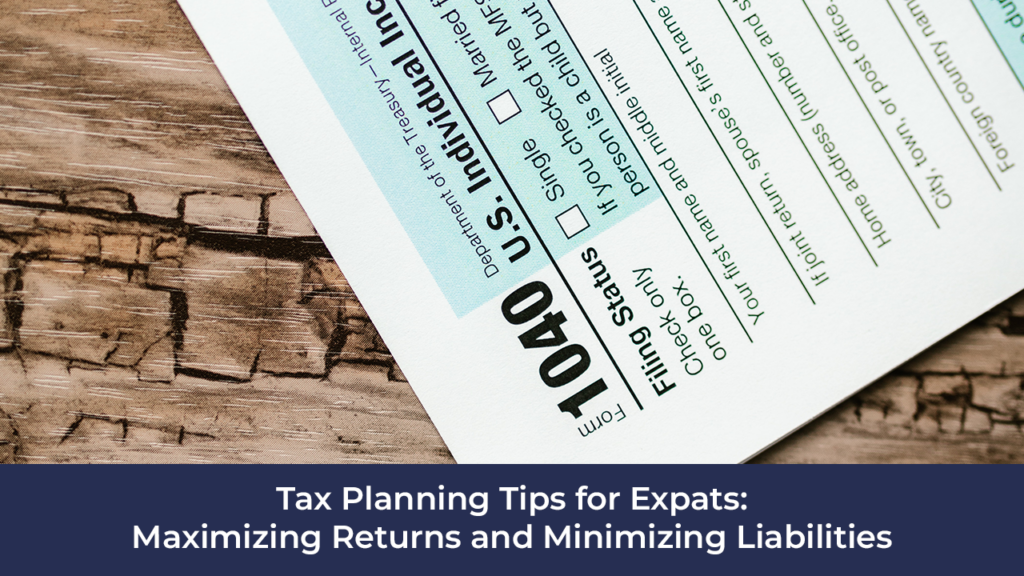When it comes to making the most of your personal finances, the decision of whether to use surplus income to reduce your mortgage or to invest for the future can be a difficult one. It is important to consider all the options before making a decision. In this blog post, we will explore the pros and cons of each option, as well as provide some tips on how to make the best decision for your financial situation. We will also discuss the potential risks and rewards associated with each option, so you can make an informed decision.
Benefits of Using Surplus Income to Reduce Your Mortgage
Using surplus income to reduce your mortgage can be a great way to save money and gain financial security in the long-term. By reducing your mortgage, you can reduce the amount of interest you pay over the life of the loan and can potentially pay off your mortgage earlier. This can result in thousands of dollars of savings in interest payments and can help you achieve financial freedom sooner. Additionally, by paying off your mortgage early, you can free up more of your income to invest in other assets and help grow your wealth. Therefore, using surplus income to reduce your mortgage can be a great way to save money and build long-term financial security.
Benefits of Investing Surplus Income for the Future
Investing surplus income for the future is an excellent way to ensure financial stability. It can provide a cushion for unexpected expenses and can help you reach your long-term financial goals. Investing in stocks, bonds, mutual funds, and other investments can provide a steady stream of income later in life, and can help to diversify your portfolio. Additionally, investing for the future can help you to save for retirement, college tuition, and other large expenses. Investing surplus income for the future can be a great way to prepare for a secure financial future.
Factors to Consider When Deciding How to Use Surplus Income
When it comes to deciding how to use surplus income, there are a few factors to consider. First, you should consider your current financial situation and your long-term financial goals. If you are in a strong financial position, you may want to consider investing your surplus income for the future. Investing in stocks, bonds, mutual funds, or other investments can help you build wealth over time. On the other hand, if you are in a more precarious financial position, you may want to use your surplus income to reduce your mortgage. Reducing your mortgage can help you free up cash flow, lower your monthly payments, and decrease your financial risk. Ultimately, the best way to use your surplus income will depend on your individual goals and financial situation.
Conclusion
The decision of whether to use surplus income to reduce your mortgage or invest for the future is a complex one that requires careful consideration of your financial goals and circumstances. Ultimately, the best approach will vary depending on the individual and the type of investments they are considering. Although reducing your mortgage can provide immediate financial relief, investing for the future can help you build a more secure financial future. Ultimately, it is important to carefully weigh the pros and cons of each option before making a decision.
Resources for Expats in Germany
When relocating to a new country, expats in Germany need to find resources to help them adjust and make the most of their new life. From finding a job to learning the language, there are plenty of resources available to help expats in Germany. From language schools to job search websites, expats can find the assistance they need to get settled and make a success of their new life. Additionally, there are also plenty of online forums and communities for expats to connect with each other and share their experiences. With the right resources, expats can make a smooth transition and start building towards a brighter future. For making your new country feel like home, check out our partner Project Expat to find English speaking service providers, such es doctors, hairdressers and lawyers in Germany, Austria and Switzerland.





